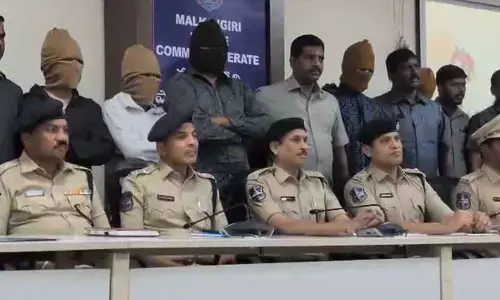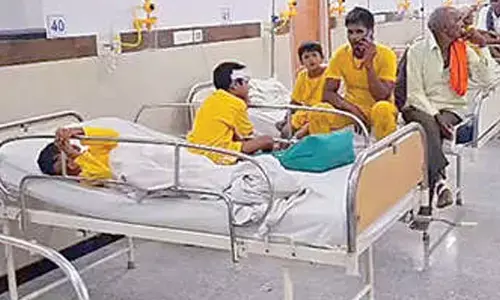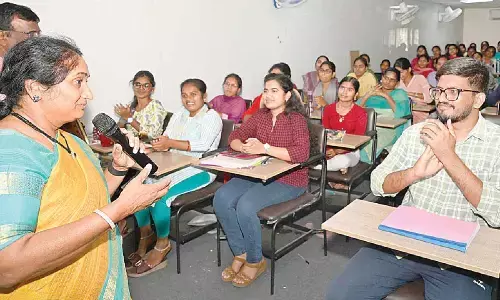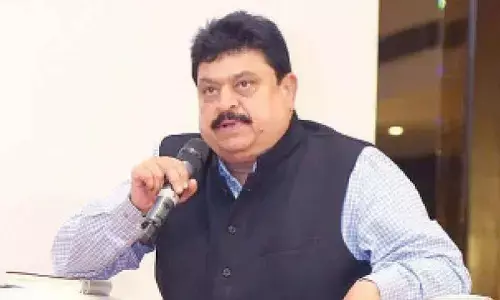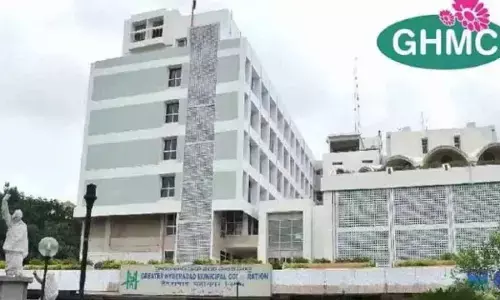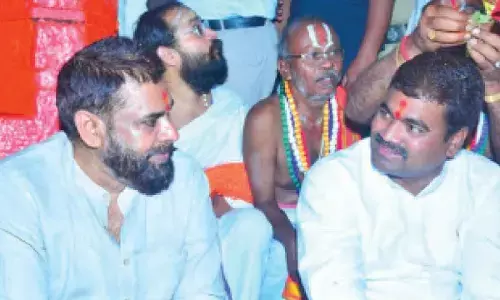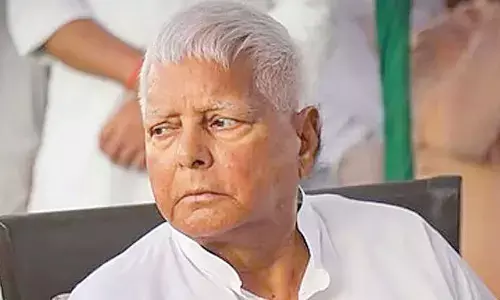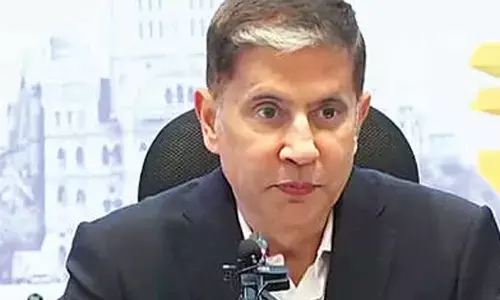Supreme Court dismisses review plea filed against EVM-VVPAT tally verdict
Share :
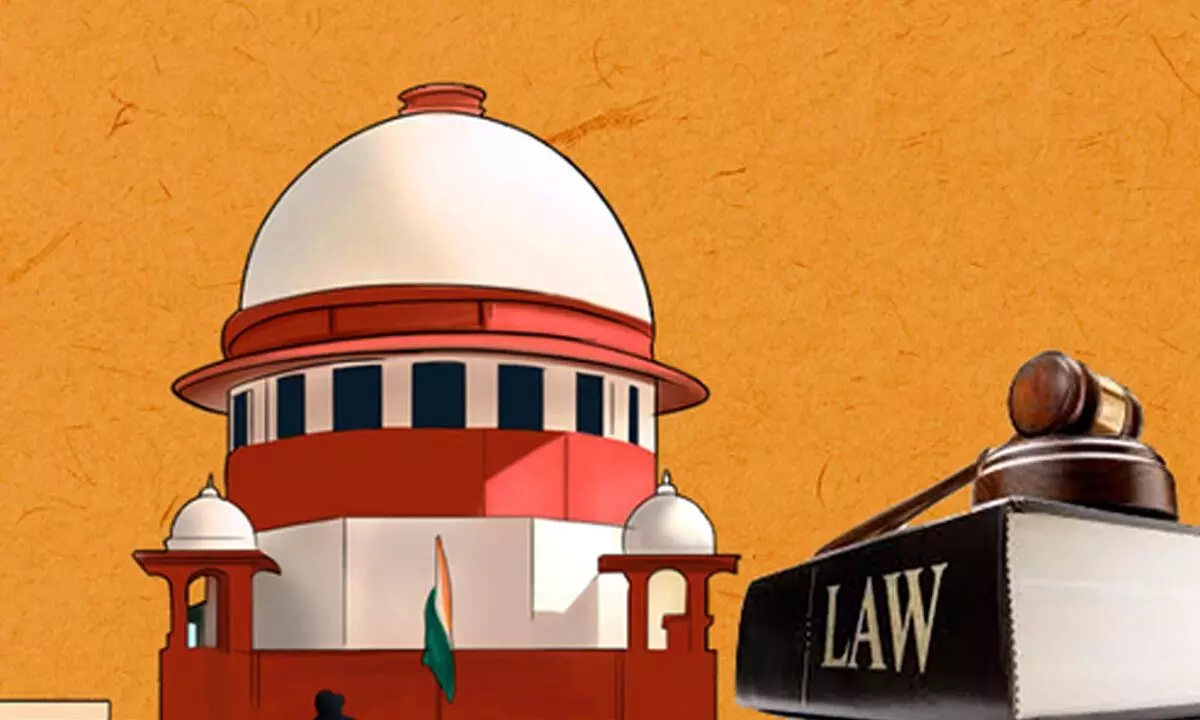
Supreme Court of India
The Supreme Court on Tuesday dismissed a review petition filed against its April 26 verdict refusing mandatory cross-verification of the votes cast in Electronic Voting Machines (EVMs) with Voter-Verifiable Paper Audit Trail (VVPAT) slips.
New Delhi: The Supreme Court on Tuesday dismissed a review petition filed against its April 26 verdict refusing mandatory cross-verification of the votes cast in Electronic Voting Machines (EVMs) with Voter-Verifiable Paper Audit Trail (VVPAT) slips.
After perusing the review petition, a bench headed by Justice Sanjiv Khanna said that no case for review was made out as he dismissed the plea.
"We have carefully perused the review petition, as also the grounds in support thereof. In our opinion, no case for review of the judgment dated 26.04.2024 is made out. The review petition is, accordingly, dismissed," added the bench also comprising Justice Dipankar Datta.
In a detailed order passed on April 26, the top court said that while it acknowledged the fundamental right of voters to ensure their vote is accurately recorded and counted, the same cannot be equated with the right to 100 per cent counting of VVPAT slips, or a right to physical access to the VVPAT slips, which the voter should be permitted to put in the drop box.
It had said that giving physical access to VVPAT slips to the voters is "problematic and impractical", and will lead to "misuse, malpractices, and disputes".
The Supreme Court had also rejected the submission to return to the ballot paper system as "foible and unsound", adding that the weakness of the ballot paper system was well-known and documented.
It had passed two directions not because it had any doubt, but to only further strengthen the integrity of the election process.
First, all Symbol Loading Units (SLUs) will be sealed on or after May 1 on completion of the symbol loading process and will be kept in the strong room at least for 45 days post declaration of results.
Second, the burnt memory of microcontrollers in 5 per cent of the EVMs per Assembly segment of a parliamentary constituency will be checked and verified by a team of engineers from EVM manufacturers post announcement of results on a written request made by the candidates securing second and third-highest votes within seven days from the date of the declaration of results
It had said that the District Election Officer in consultation with the team of engineers will certify the authenticity and intactness of the burnt memory or the microcontroller.
The review petition, filed under Article 137 of the Constitution, claimed that there were "mistakes and errors apparent on the face of the impugned order", adding that the judgment was liable to be reviewed.

